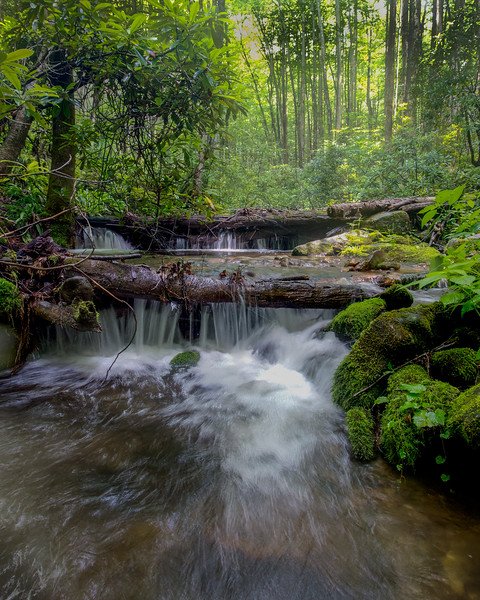
Our Community
So what kind of writers constitute the Hellbender Gathering of Poets? Do they define themselves as environmental writers? And for that matter, do they differentiate themselves as writers of nature poetry or eco-poetry? Or are they just plain old scribblers of poems that speak for and about trees and animals?
Well, if it were up to us, these concerns and categories would fall away, at least long enough to give yourself permission to find words to speak for and about the living, breathing world, no matter what kind of poet you are (or are not) . Why would we say such a thing?
Because we fully recognize the dire situation of our current geological age—the Anthropocene—this period during which human activity is the dominant influence on just about every living thing. It’s what scientists have referred to as the Sixth Extinction, naming a cataclysm of extinctions that have already happened and are still to come, the repercussions of which we can scarcely comprehend. Put simply, we are killing off this earth, piece by piece, and we refuse to stand by and do nothing about it.
We thus need as many voices as we can gather to bear witness to and give story to and sing about this time. We need all of us to rise together. So if you are alive during this era of radical consequence, you have the absolute right—and even imperative—to find the words for what’s happening. So that means you.
That said, if you’ve never once considered yourself a “nature poet,” that’s fine. We welcome you.
Conversely, if you’re an expert identifying mushrooms and tracking the migration of every at-risk bird that takes refuge in these mountains and have filled your notebooks with those inspirations, that’s wonderful too. We welcome you.
Or if your understanding of birds stops at a few sparrows fed from a bench, go ahead—scatter them some feed. Then know those common little birds are worth knowing and write for them. We welcome you.
Or if you can’t tell a maple from an oak from a birch, don’t fret. There’s no judgement here; we’re here to learn and observe together. We welcome you.
Or if you’ve hiked the length of the Appalachian trail and back, that’s incredible. Come share your findings with us. We welcome you.
Or if you’ve never owned a pair of hiking boots much less have stepped foot on a trail, that’s okay. You don’t need to know how to read a trail map. Nor do you need to be physically fit or outfitted for the great outdoors. Come as you are. We welcome you.
Or perhaps even the idea of the woods frightens you. Perhaps you believe nature is a dangerous thing of tooth and claw and that it’s not safe for someone like you to step outside the city limits without car or cell phone. If so, we understand how trepidatious leaving our human-made shelters and safety nets can be. We’d like to get you outside to experience connection with the community of life in a safe and meaningful way. We welcome you.
Or perhaps you experience unadulterated awe when you step among the trees. Perhaps you’re a downright tree-hugger—nature brings you peace and healing, and you yearn to celebrate with others that feel the same. Know that we, too, revel in the joy found in that kingdom of green. We’d take great pleasure in sharing that beauty alongside you. We welcome you.
Because perhaps, like us, you’re anxious about the weather. Maybe you find yourself doom-scrolling news of floods and fires and droughts. Maybe you sink into in a pit of rage or despair that renders your pen useless. You need others to lift and guide you. If so, we feel the same. We’re here for you and also need you to be here for us. We welcome you.
Because if you yearn to speak about this good earth, this home we all share, that is plenty enough. We welcome you.
This community—this community of hellbenders—is not just limited to any one concept of what it is to be a nature writer. No, we come from all over; we’re urban and rural; we’re lyric poets and narrative poets and performance poets and experimental poets and there is no one style or school to define us. We write from many different angles and come from many different places and that is a part of our strength.
So what then do we have in common? Well, first and foremost, we are determined—hellbent—on the protection and repair of this climate-changed world.
We also try as we can to put aside our human-centered concerns to consider the predicament and sentience of trees and animals, insects and rivers and dirt and stones. We yearn to save who we can—both human and not—with our words.
None of us knows exactly how to do this work, but we know it’s necessary. We also realize each of us is only one voice, and it’s only together that we make a chorus that may be heard over these coming storms.
Because the answer to the situation we’re in? To be honest, we’re not sure. But a part of that answer might just be you. And you. And you. And you and you. And you, and you, and you . . .
